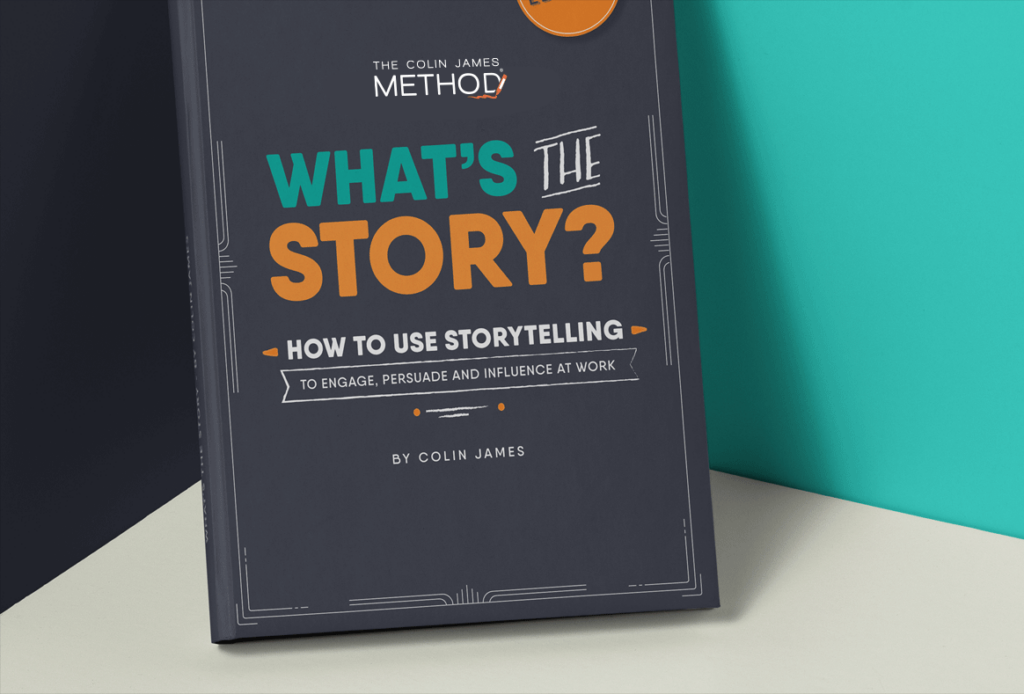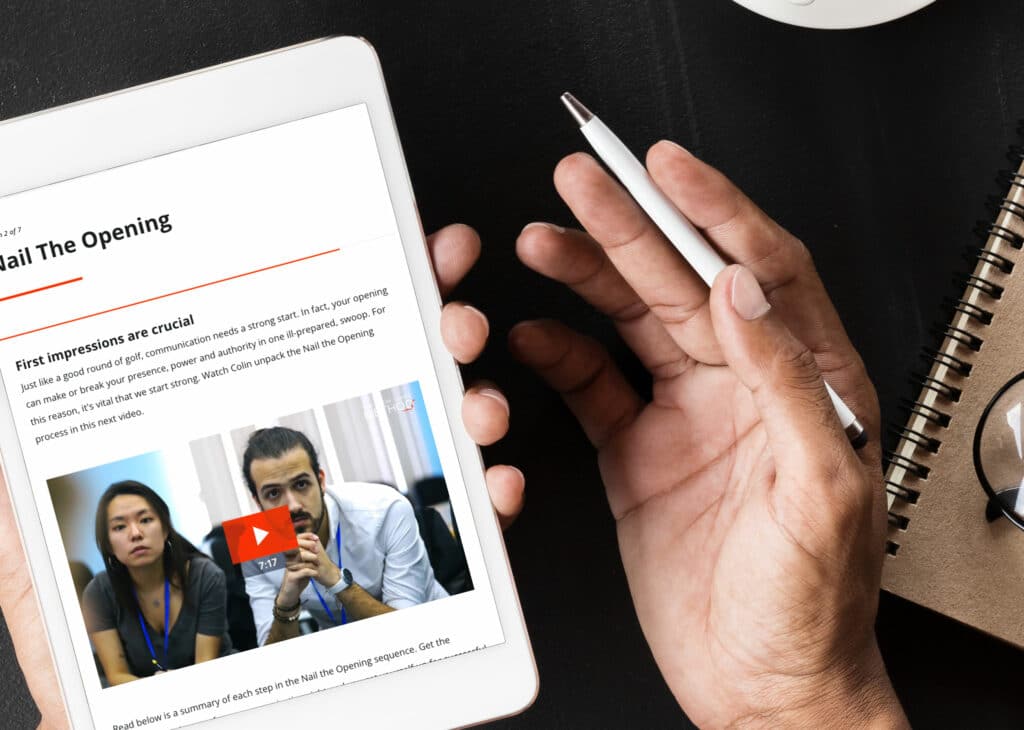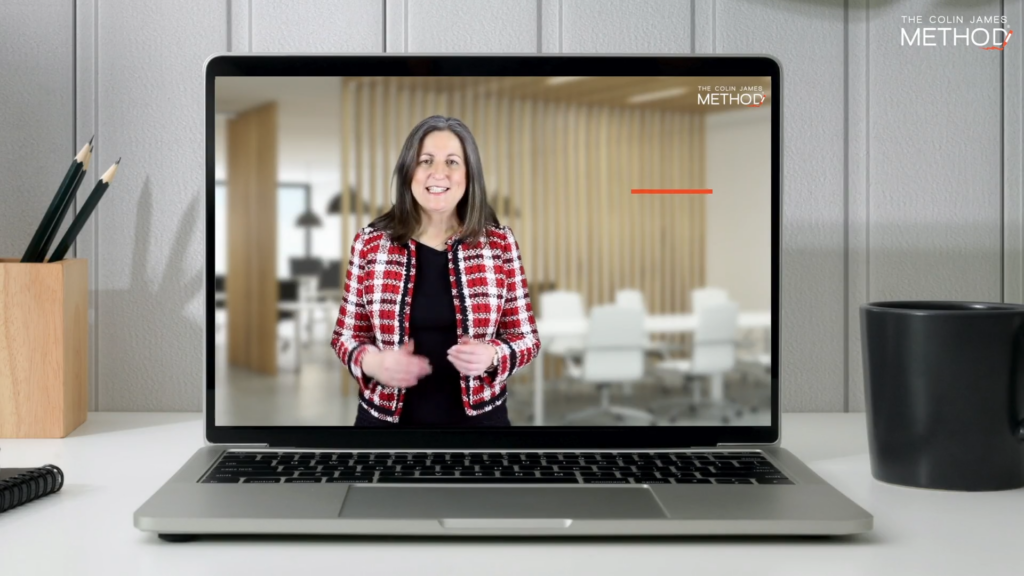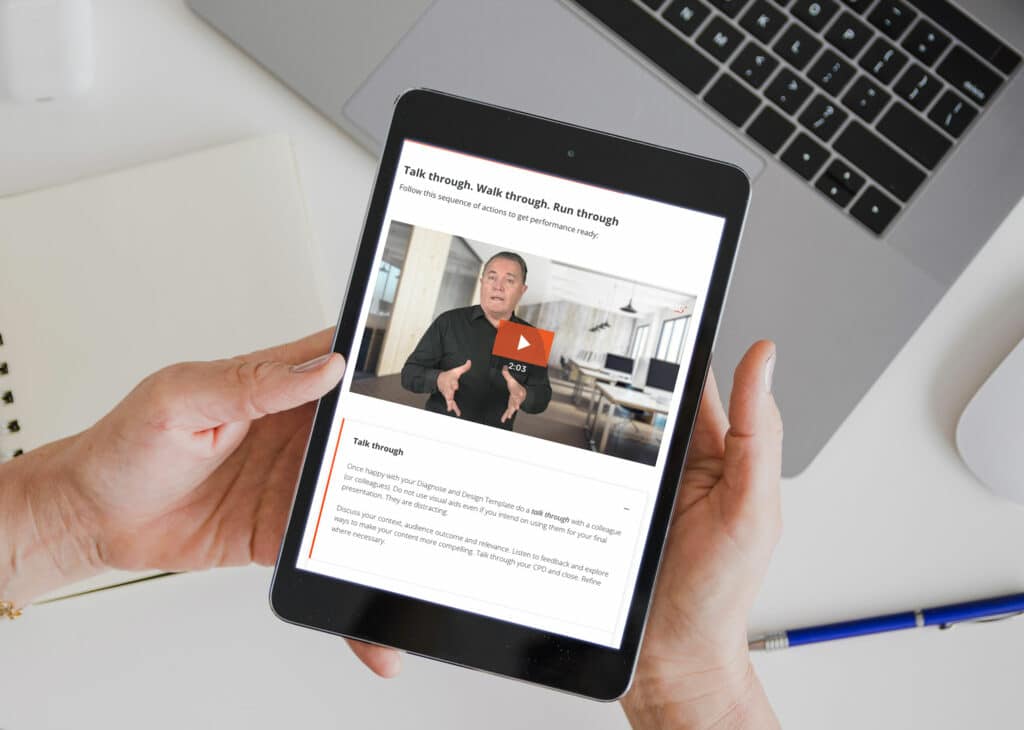Blog bites:
- -ly adverbs weaken your speech
- Replace ‘absolutely’ with ‘yes’
- Cut -ly adverbs from your language
Bestselling author Stephen King writes in On Writing that far too many writers overuse -ly adverbs. You might see them used as adjectival support for sentences like:
“I didn’t mean that!” she said angrily.
“Why would you say that?” he said hysterically.
“You don’t even know me,” he said airily.
King says using -ly adverbs is sloppy and even indicates a lack of confidence. Of course, it’s not just authors who overuse these adverbs – speakers do too.
So if you want to improve your speech-making skills and master voice techniques, steering clear of –ly words will add power and punch to your presentations.
Why do people use -ly adverbs?
Too often, people think you have to use certain adverbs to convey meaning and emphasise their points.
It’s a hyperbolic way to communicate. Just listen to radio and TV interviews and count the number of times the speaker says absolutely, actually, totally or utterly.
It’s all too easy to sprinkle our speech with these pointless exaggerations, which weaken our ideas. They don’t allow for subtlety or nuance.
Probably the most common adverb is ‘actually’. When people are feeling a little insecure, they will throw in ‘actually’ because it seems to add emphasis. They say, “This is actually important” and “What you will actually find” and “What you will actually realise” and “What is actually important”. They believe the word gives more emphatic weight. But it’s unnecessary; it’s filler.
Why we should avoid -ly adverbs
The more we can take –ly adverbs out of our vernacular, the more precise and powerful our language becomes.
Mastering communication is about speaking with strength and conviction. But when we overuse expressions such as ‘absolutely’ and ‘completely’, we reduce the potential for elegance in our communication.
Instead of overusing ‘absolutely’, we can return to the simple and often forgotten word ‘yes’. That’s all someone needs to know: yes. Words like ‘absolutely’ and ‘certainly’ are overstatements. ‘Yes’ is subtly profound.
How to avoid using -ly adverbs
To remove fluffy words from your language, you need to tune in to your own speech patterns. Look for times when you throw in useless additions, such as the word ‘like’ or the ‘you know’ inclusion.
That’s not to say we should become the language police and catch people out. It’s about becoming clear and clean and understanding that in language, less is more.
When you remove ‘-ly’ adverbs and other fluff, you’ll find that people are more open, receptive and inspired by your ideas.
So, take away the unnecessary. Pare your speech back to the essence of the message. You don’t have to remove -ly adverbs entirely, but start to become conscious of how you speak and what you say. In your next meeting, notice when others use -ly adverbs and see how it weakens or diminishes the strength of their speech.
Looking for more in-depth public speaking help? In the Mastering Communication Program, Colin James and Erica Bagshaw take you through the extensive areas of mastering communication, so you can present to any audience in any situation.

The Colin James Method® Facilitators train corporate executives to improve their professional communication skills with a proven methodology. Our highly trained Facilitators and Coaches are recognised for their experience in their fields and have worked with many individuals and organisations around the world to master the art of communication.











